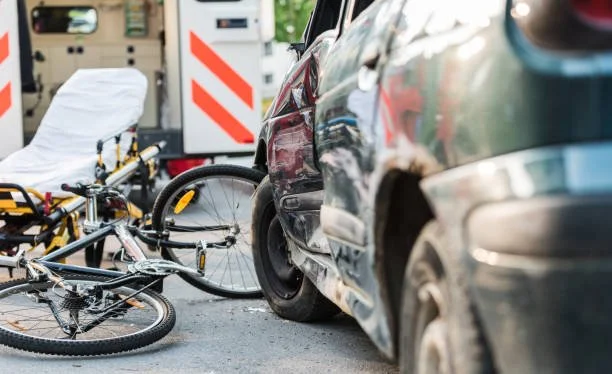When a Loved One Dies in an Accident That Wasn’t Their Fault: Is It Wrongful Death?
Losing a loved one in an accident is devastating—especially when someone else’s negligence caused it. Lexcura Summit Medical-Legal Consulting explains what constitutes wrongful death, who can file a claim, and how medical-legal experts help attorneys build strong cases.
1. Understanding Wrongful Death
A wrongful death occurs when a person’s life is taken due to the negligent, reckless, or intentional actions of another party. These cases often arise from:
Car accidents caused by distracted, impaired, or reckless drivers
Medical malpractice or delayed treatment
Workplace accidents due to unsafe conditions
Defective products or dangerous property conditions
If the victim would have had a personal injury claim had they survived, their family or estate can typically pursue a wrongful death lawsuit.
2. Who Can File a Wrongful Death Claim?
Wrongful death laws vary by state, but typically, the following parties can bring a claim:
Spouse or domestic partner
Children (biological or adopted)
Parents (if the deceased had no spouse or children)
The personal representative of the deceased’s estate
Some states allow siblings, grandparents, or financial dependents to file—making it essential to consult an attorney who understands state-specific laws.
3. Damages in a Wrongful Death Case
Families may be entitled to recover:
Economic damages – medical bills, funeral expenses, lost income, and loss of benefits
Non-economic damages – pain and suffering, loss of companionship, loss of parental guidance
Punitive damages – in cases involving gross negligence or intentional harm
4. How Medical-Legal Consulting Strengthens Wrongful Death Claims
At Lexcura Summit Medical-Legal Consulting, we work closely with attorneys to:
Review medical records to determine if injuries and death were linked to the accident
Analyze causation by connecting the negligent act to the fatal outcome
Prepare medical chronologies for clear presentation in court
Identify expert witnesses to testify on the cause of death, standard of care, or accident-related injuries
Best Practices: Responding to a Suspected Wrongful Death
| Step | Why It Matters |
|---|---|
| Contact a Wrongful Death Attorney Immediately | Statutes of limitations vary by state; acting fast preserves your legal rights. |
| Preserve All Evidence | Photographs, accident reports, and medical records are critical to proving fault. |
| Request Complete Medical Documentation | Supports expert analysis of cause of death and links it to the negligent act. |
| Avoid Speaking to Insurance Adjusters Without Counsel | Protects you from statements that could be used to limit compensation. |
| Engage a Medical-Legal Consultant | Provides professional medical review to strengthen causation arguments in court. |
Bottom Line
If your loved one died in an accident that wasn’t their fault, it may qualify as wrongful death—and you may be able to sue the person or entity responsible. Acting quickly, preserving evidence, and working with both an experienced attorney and a medical-legal consultant can make the difference in achieving justice.
At Lexcura Summit Medical-Legal Consulting, we help attorneys and families uncover the truth, document medical evidence, and build compelling wrongful death cases.

